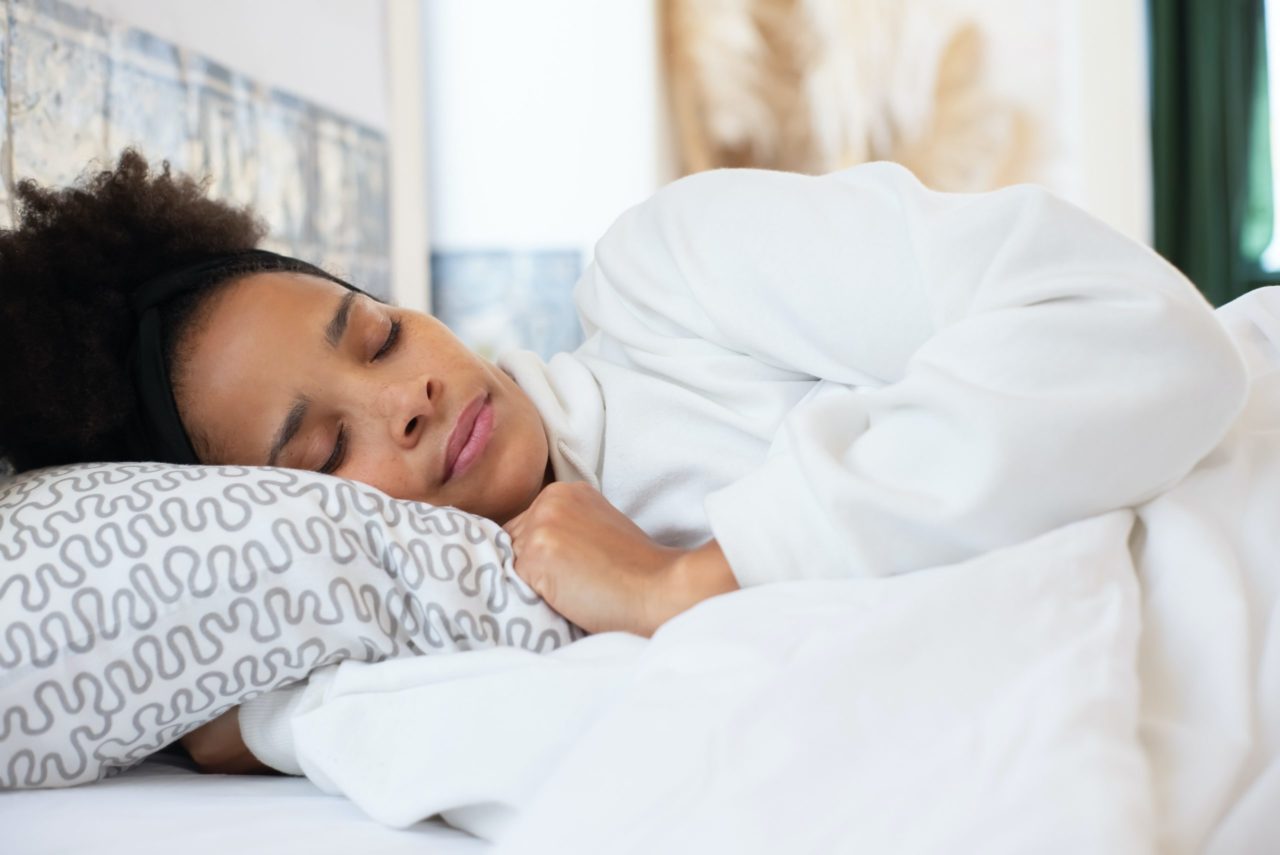Getting a good night’s sleep is essential for overall health and well-being. However, many people struggle with sleep issues that can affect their daily lives. By adopting a consistent sleep hygiene routine, you can improve the quality of your rest and wake up feeling refreshed and energized. Here are some tips to help you establish a sleep-friendly environment and habits.
Maintain a Consistent Sleep Schedule
One of the most important aspects of good sleep hygiene is maintaining a consistent sleep schedule. Try to go to bed and wake up at the same time every day, even on weekends. This helps regulate your body’s internal clock and makes it easier to fall asleep and wake up naturally. If you are an iPhone user you can to use the sleep feature on the Apple Watch which can connect to the Health App on your Apple iPhone. With the Sleep app, you can create sleep schedules to help you meet your sleep goals. Wear the watch to bed, and the Apple Watch can estimate the time you spend in each sleep stage—REM, Core, and Deep. Apple Watch tracks your sleep based on the sleep schedule you create. Apple Watch can also track your sleep when your Sleep Focus starts. To receive sleep data from the Apple Watch, it must track your sleep for at least four hours each night.
Create a Relaxing Bedtime Routine
Establishing a calming pre-sleep routine can signal to your body that it’s time to wind down. Activities such as reading a book, and drinking a warm cup of tea always calm my mind. Try taking a warm bath, or practicing gentle yoga can help relax your mind and body. Try to avoid stimulating activities such as watching TV or using electronic devices, the blue light emitted can interfere with your ability to fall asleep.
Optimize Your Sleep Environment
Your bedroom should be a sleep sanctuary. Make sure your room is cool, quiet, and dark. Consider using blackout curtains to block out light and a white noise machine to drown out any disruptive sounds. Investing in a comfortable mattress and pillows can also make a significant difference in your sleep quality.
Be Mindful of Your Diet and Exercise
What you eat and drink can impact your sleep. Avoid large meals, caffeine, and alcohol close to bedtime, as they can disrupt your sleep cycle. Regular physical activity can promote better sleep, but try to finish exercising at least a few hours before bed to avoid being too energized to fall asleep.
Limit Naps
While napping can be beneficial, especially if you’re sleep-deprived, long or irregular naps during the day can negatively affect your nighttime sleep. If you need to nap, try to keep it short (20–30 minutes) and avoid napping late in the afternoon. If you feel as if you’re going to doze off, get up and do some light exercise instead – that too will help you get to sleep later.
Manage Stress and Anxiety
Stress and anxiety are common culprits of sleep problems. Techniques such as mindfulness meditation, deep breathing exercises, and journaling can help manage stress levels and promote relaxation. Creating a to-do list for the next day can also help clear your mind before bed.
Seek Professional Help if Needed
If you’ve tried these tips and still struggle with sleep, it may be time to seek professional help. You may be suffering from Sleep disorders such as insomnia, sleep apnea, and restless leg syndrome can significantly impact your sleep quality and overall health. A healthcare provider can offer guidance and treatment options tailored to your needs.
By incorporating these sleep hygiene practices into your daily routine, you can create an environment conducive to restful sleep and improve your overall well-being. Remember, consistency is key, and small changes can make a big difference over time.
